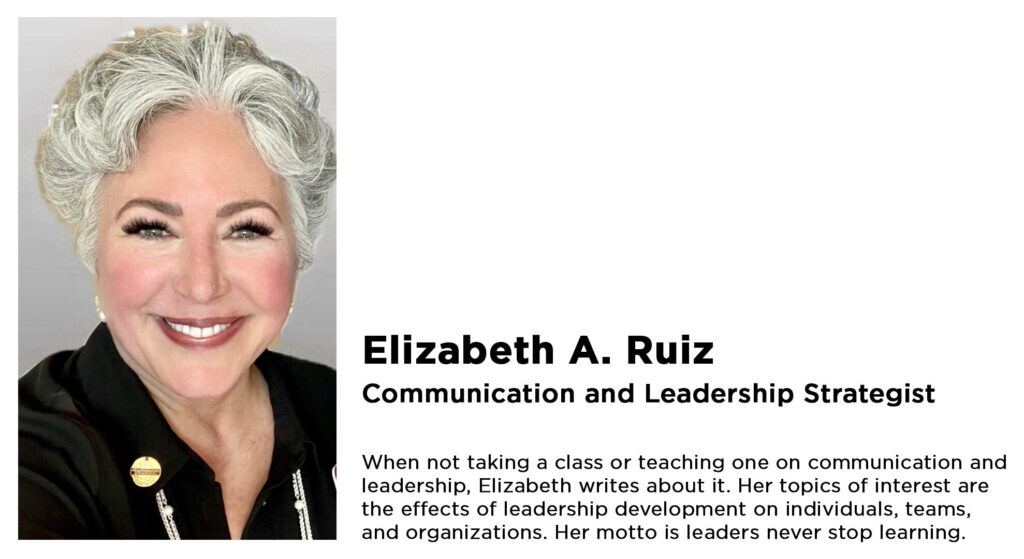The Role of Certifications in 2025: Are They Worth It?
In a rapidly evolving job market, whether certifications hold value in 2025 is more relevant than ever. As industries adapt to new technologies and shifting work environments, certifications have emerged as a key tool for job seekers and professionals aiming to stay competitive. But are they truly worth the time, effort, and money? Let’s dive into their significance in today’s professional landscape.
Why Certifications Matter in 2025
- Industry-Specific Skills Validation: Certifications prove your expertise in specific skills or knowledge areas. In fields like IT, healthcare, finance, and project management, having a recognized certification can often be the deciding factor in hiring decisions. Employers view certifications as a way to gauge your ability to meet industry standards.
- Keeping Up with Emerging Technologies: The rise of artificial intelligence, blockchain, and other disruptive technologies means that the skills required for many jobs are constantly changing. Certifications from reputable organizations can help bridge knowledge gaps, demonstrating your commitment to staying current in your field.
- Global Recognition: Many certifications are recognized internationally, which can open doors to opportunities across borders. Holding certifications like PMP (Project Management Professional) or AWS Certified Solutions Architect in a globalized job market can set you apart.
Are Certifications Always Necessary?
While certifications can undoubtedly add value, they aren’t a one-size-fits-all solution. Here’s when they might not be worth it:
- Experience Over Certification: In some industries, hands-on experience trumps certifications. For example, a portfolio of successful projects might carry more weight than a certificate in creative fields like design or marketing.
- Cost vs. Benefit: Certifications can be expensive, with some costing thousands of dollars. Before investing, evaluate whether the certification is in demand within your industry and will provide a measurable return on investment.
- Industry Saturation: If everyone in your field holds the same certification, it may no longer serve as a differentiator. Instead, focus on unique skills or advanced certifications that set you apart.
How to Choose the Right Certification
- Research Industry Trends: Look at job postings in your field to identify certifications employers frequently require or prefer.
- Assess Credibility: Opt for certifications from well-established organizations or institutions. For instance, CompTIA, Microsoft, and Google offer widely respected certifications in the tech industry.
- Consider Career Goals: Align certifications with your short—and long-term career objectives. Advanced certifications may be a better fit for those looking to specialize or move into leadership roles.
Alternatives to Certifications
If you’re unsure about committing to a certification program, consider these alternatives:
- Micro-Credentials: Shorter, focused programs that verify specific skills.
- Online Courses: Platforms like Coursera, Udemy, and LinkedIn Learning offer affordable and flexible learning options.
- Bootcamps: Intensive, hands-on training programs that provide practical experience in a short time frame.
The Verdict: Are Certifications Worth It?
In 2025, certifications can be a powerful asset, but their value depends on your industry, career goals, and the specific certification. They’re not a silver bullet but one piece of the puzzle in building a robust and competitive professional profile. By carefully evaluating your options and aligning them with your aspirations, certifications can be a stepping stone to more significant opportunities.
What’s your take on certifications in 2025? Share your thoughts in the comments on the post.

Elizabeth Ruiz: Strategic Communication and Leadership Expert
Elizabeth Ruiz is a seasoned strategic communication and leadership expert, passionately dedicated to exploring how ethical leadership, psychology, and communication drive organizational success. With a career rooted in applying advanced leadership theories, Elizabeth’s work in management consulting, strategic HR, and organizational effectiveness helps corporate, governmental, and nonprofit organizations transform their management practices. When she isn’t teaching or studying as a student, she writes extensively on topics such as strategy, management, and the psychology of effective leadership.
Elizabeth’s approach is defined by her unwavering belief that true leaders are lifelong learners. Connect with Elizabeth on LinkedIn.







